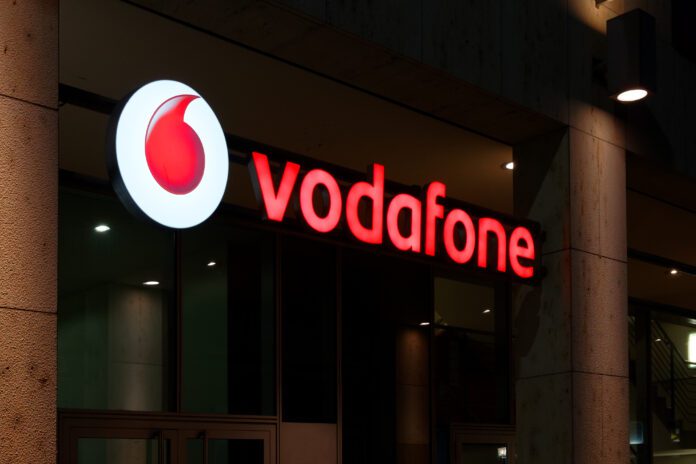Vodafone and Intel are working alongside the Telecommunication Institute of University of Málaga on an O-RAN project
U.K. telecom group Vodafone announced an extension of its cooperation with Intel on optimizing advanced algorithms for use in Open RAN (O-RAN) platforms, the former said in a release.
The extended collaboration represents another step forward in Vodafone and Intel’s long-term research collaboration centered at Vodafone’s innovation center in Málaga, Spain. The two companies are already working toward Vodafone’s planned commercial deployment of 4th Gen Intel Xeon processors in the U.K. with Intel vRAN Boost in the first half of this year.
Vodafone and Intel are working with the Telecommunication Institute of University of Málaga in the new O-RAN initiative.
The initial areas where the three parties will focus their latest R&D include evolving the O-RAN architecture and using advanced technologies such as Artificial Intelligence (AI) and Machine Learning (ML) to develop ultra-efficient algorithms for 5G massive MIMO. The resulting algorithms and other innovations generated by this research are then intended to be integrated into test silicon, produced by Intel and used to create new benchmarks for the advancement of silicon needed to drive powerful industrial internet applications.
Santiago Tenorio, Vodafone’s director of network architecture, said: “Open RAN has opened the doors to unforeseen benefits through greater disaggregation. Vodafone and its partners are now focused on realizing this potential to reduce costs and improve energy savings while enhancing performance for our customers.”
“Future radio networks rely on innovations that the industry invests in today,” said Dan Rodriguez, corporate vice president and general manager of network and edge solutions group at Intel. “Our work with Vodafone and other companies across the industry on next-gen technologies is critical and helps foster a broad, open ecosystem.”
Vodafone noted that the possibility to embed advanced algorithms and technologies across the entire footprint of its network, including the core, edge, access and radio, will enable the carrier to meet future demand and scale up new 5G features such as network slicing. It will represent a step change in computation without the need for multiple chipsets in radio units, which will give Vodafone the necessary processing power to continually improve speeds and capacity for customers for years to come.
Since the start of collaboration between Vodafone and Intel in 2022, the venture has introduced significant advancements in performance and energy efficiency of O-RAN systems running on x86 General Purpose Processors.
Vodafone and Intel also said they aim to work on the development of next-generation processing technologies for use in telecommunications data centres in support of virtualized RANs in the future. They will also look to extend the benefits of their joint intellectual property to other industries heavily reliant on AI/ML algorithms such as market research and medical pattern identification.

